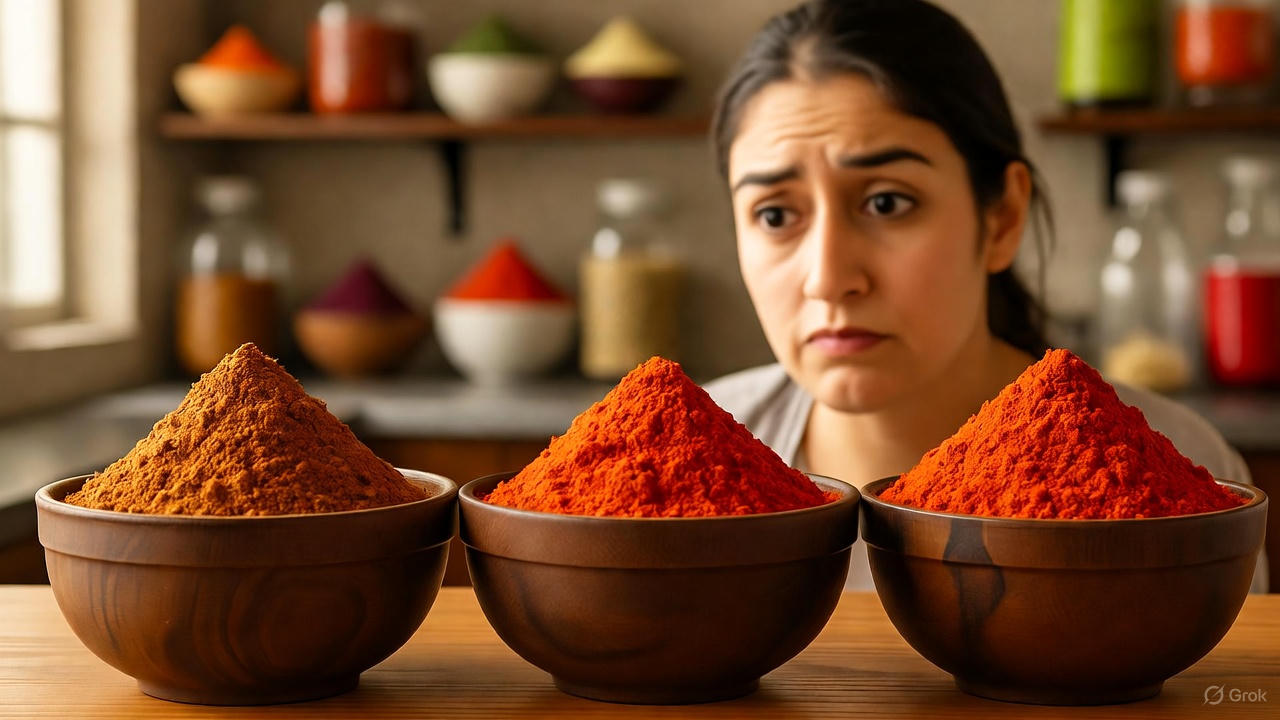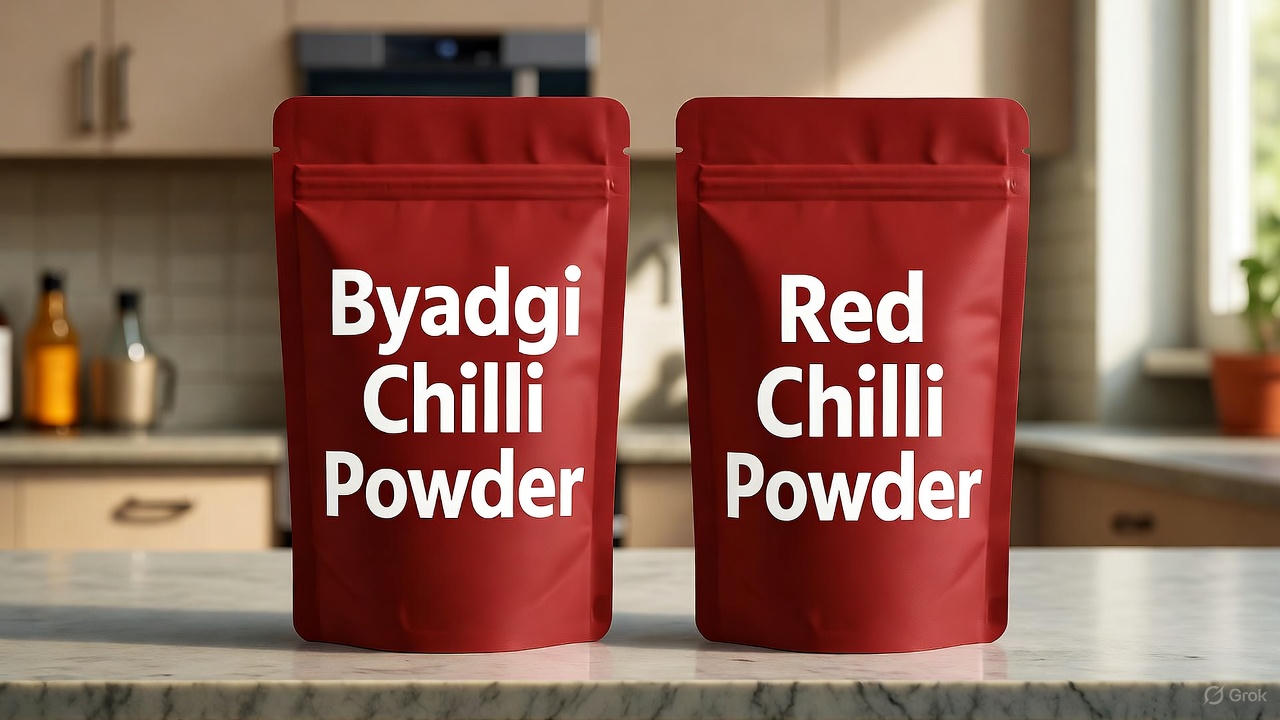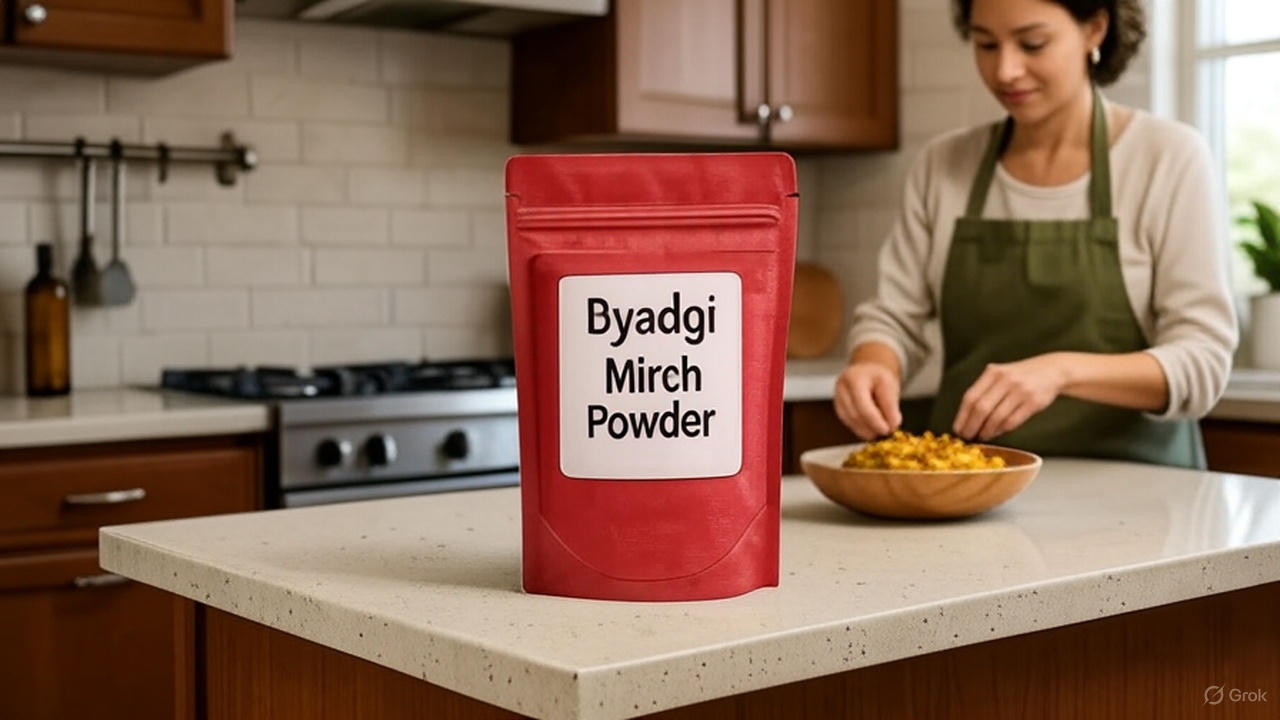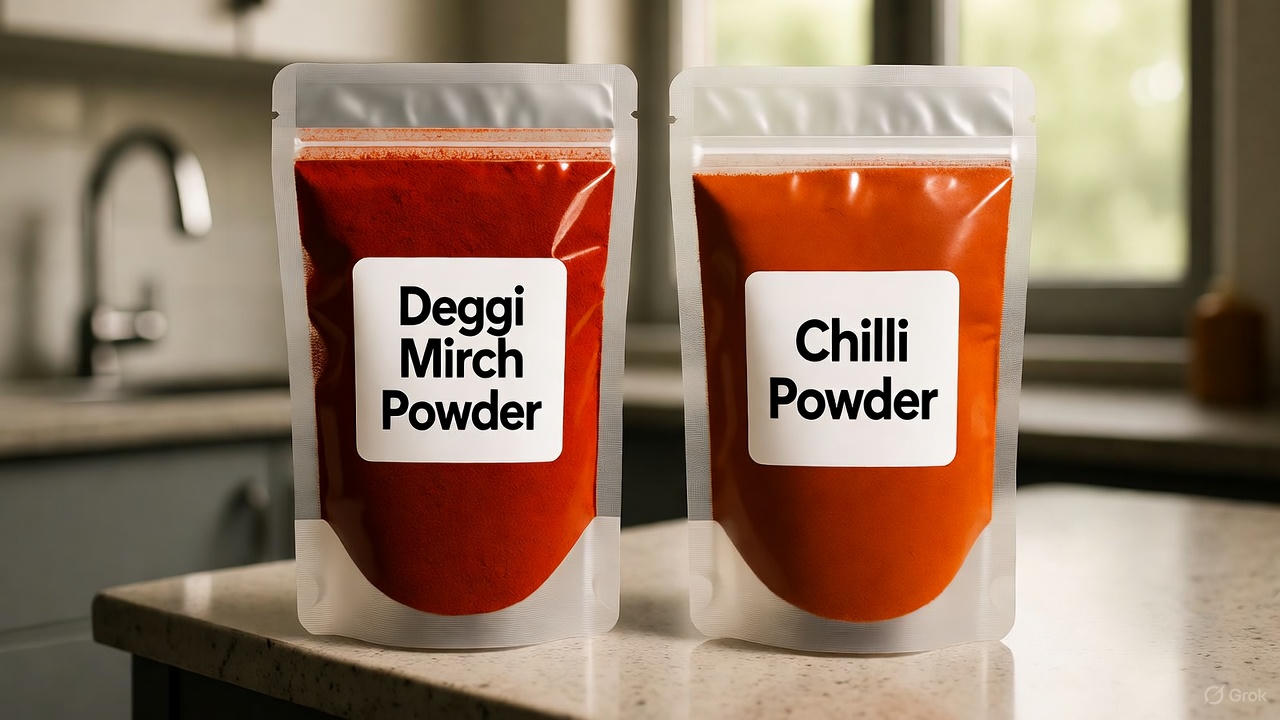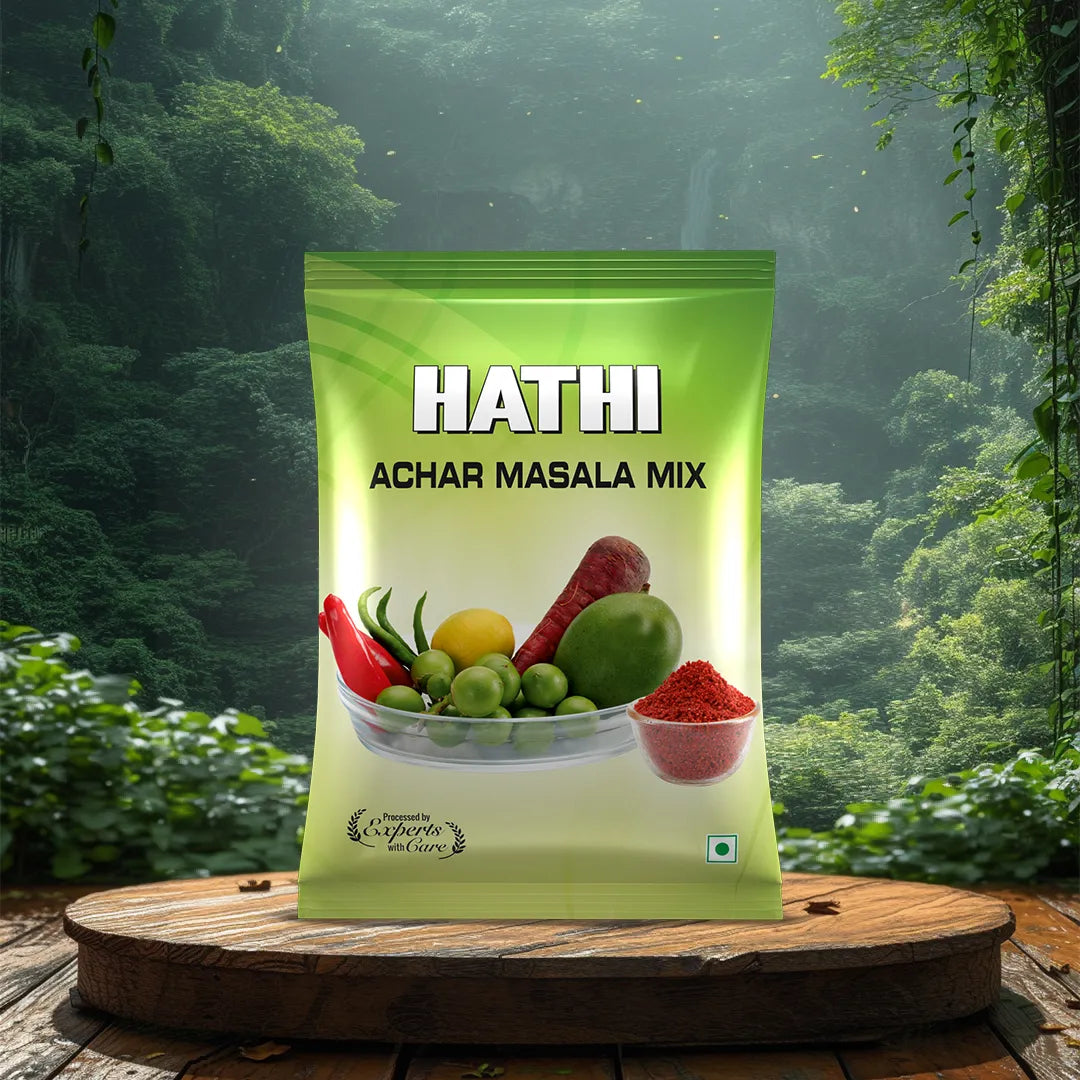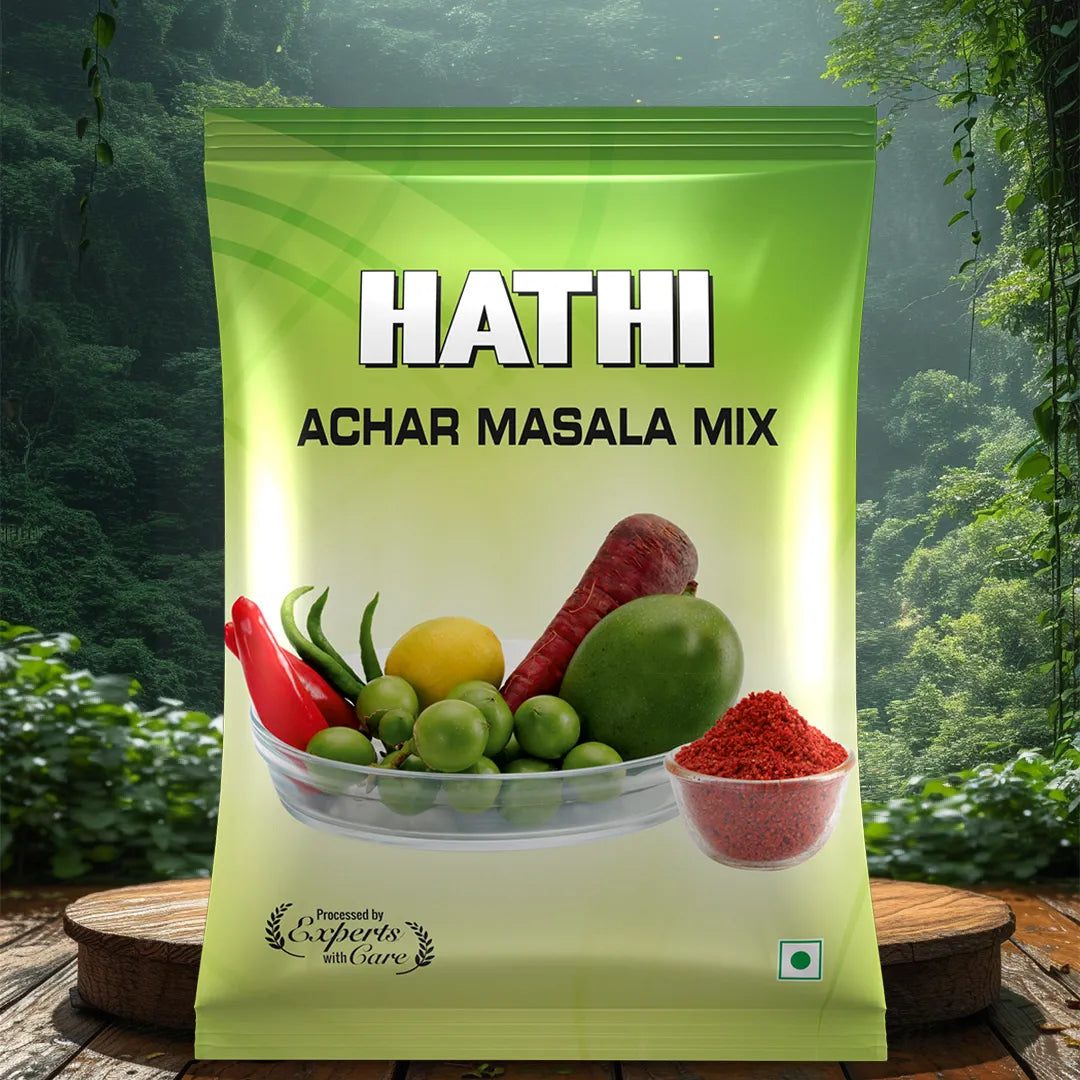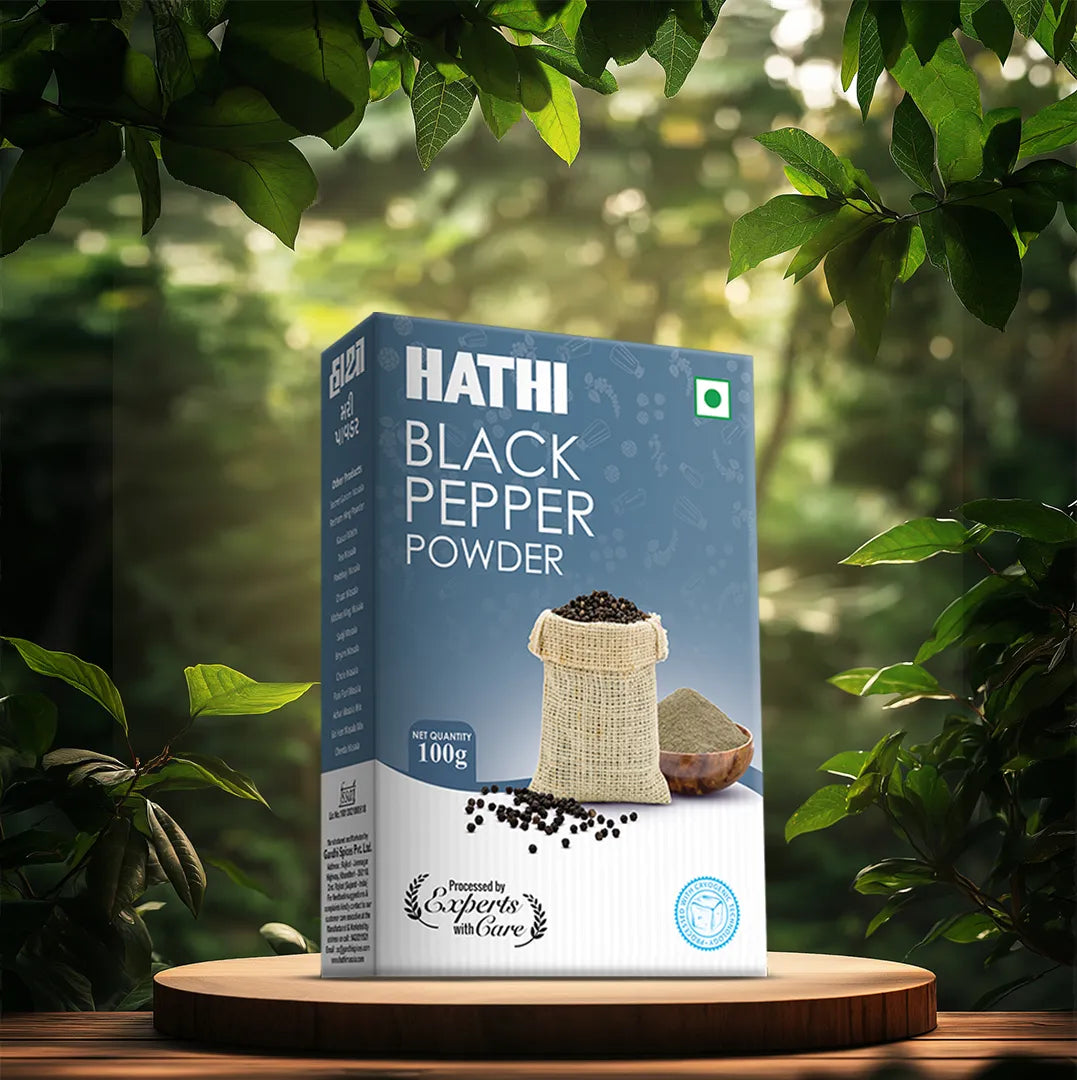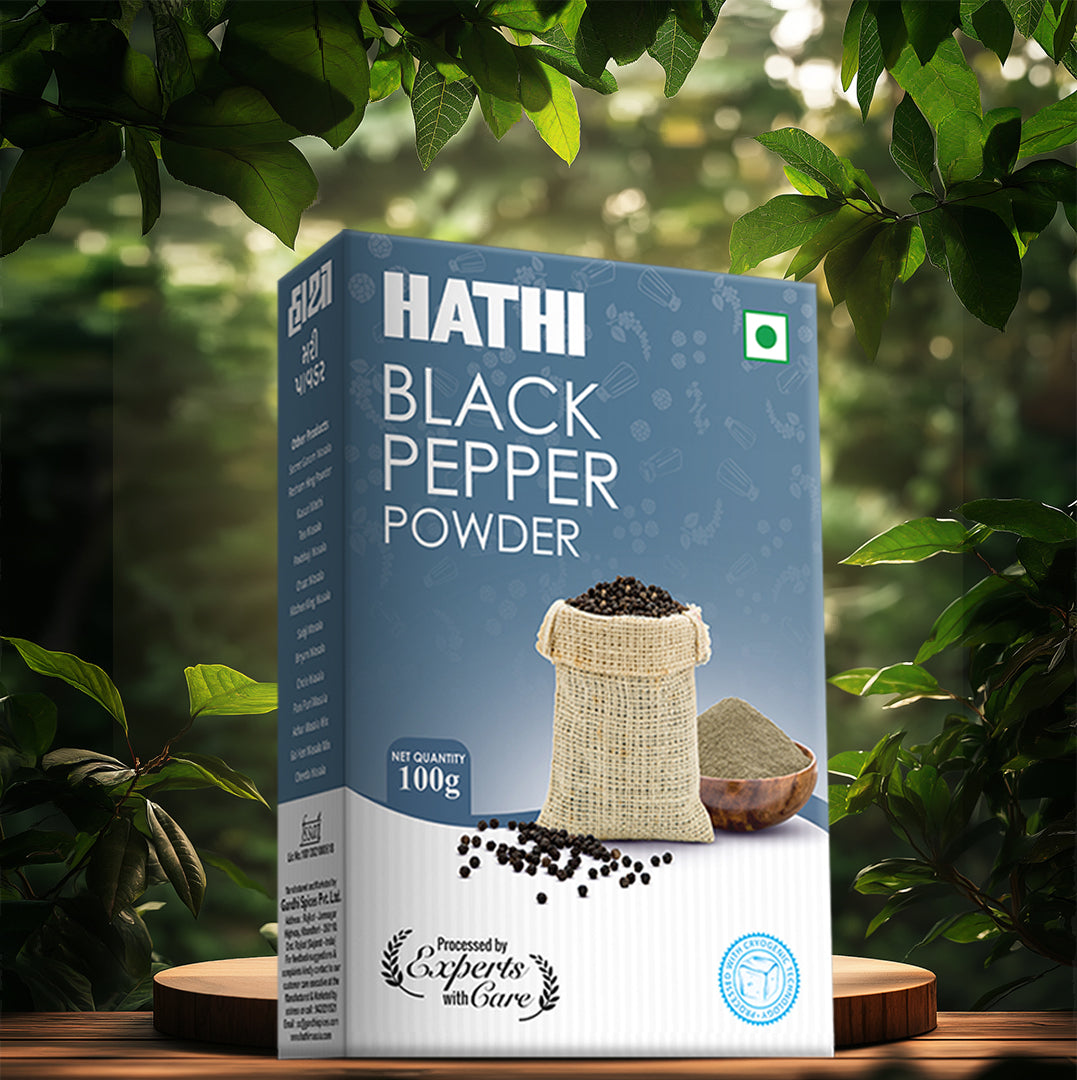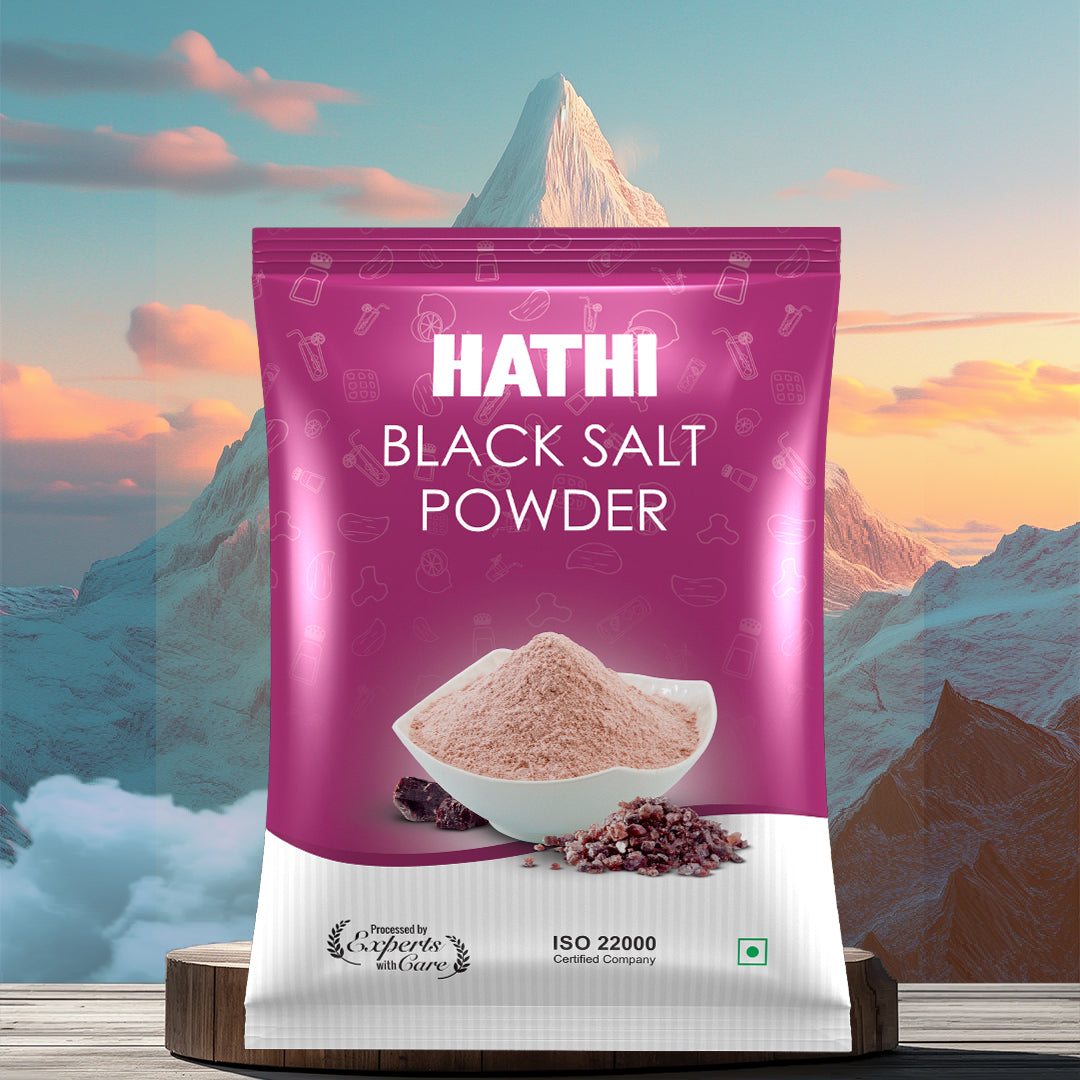An important part of the Indian cuisine are spices and condiments. Spices and condiments like turmeric, cumin, black pepper and coriander powder are used across the country to add flavour to different dishes and to season them.
India produces a variety of spices and it is a must in every Indian kitchen. Every now and then, allegations and claims concerned to adulteration are reported across the country and it is no hidden thing. This increases the risk of consuming low quality adulterated spices. Most of the adulterants are unhealthy and can cause serious and fatal damage to our system if consumed regularly. Adulteration usually refers to the mixing of inferior and sometimes harmful quality substances. As a result of adulteration, impurities grow. Adulteration can be either intentional or unintentional. Intentional adulteration is usually attributed to removing vital substances or altering the existing natural properties. The lure of riches and general apathy towards mankind leads to Intentional adulteration. Whereas, unintentional adulteration is usually attributed to ignorance, carelessness, or lack of facilities for maintaining food quality. Incidental contamination during the period of growth, harvesting, storage, processing, transport and distribution errors are also considered.
Below mentioned are the primary attributes concerned to adulteration following studies carried out by various noted organisations:
- Substance contamination which depreciates or injuriously affects a product
- Substitution of cheaper and inferior substances wholly or in part
- Abstraction of valuable and necessary constituents
- Addition of artificial colours
- Undertaking practices for improving appearance
- Below the standard quality
- Chemical substitution in order to balance shortcomings
- Dangerous followed by toxicity
- Depravation of nutrients essential for proper growth and development, etc . . .
The kitchen of every household in India operates on spices and condiments. Whether it be essentials like turmeric, asafoetida, chilli powder and cumin seeds or saffron, which is used in small amounts to add aroma and colour to a dish, the quality of ingredients and their purity is an important fact that cannot be overlooked. There are different ways to check if a spice has been adulterated. Come, let us further take a quick look over it:
- To check presence of synthetic and artificial colours in Red Chilli Powder sprinkle it on the surface of water taken in a glass. The artificial colour will immediately start descending in colour streaks.
- To check presence of synthetic and artificial colours in turmeric powder add a teaspoon of Turmeric Powder in a glass of water. Natural Turmeric Powder leaves light yellow colour while settling down and adulterated Turmeric Powder will leave a strong yellow colour in water while settling down.
- To check harmful presence of sawdust in powdered spices sprinkle powdered spices on the water surface. Pure spices will not leave any saw dust/powdered bran on the surface of water. If spices are adulterated, saw dust/powdered bran will float on the surface.
- To check harmful presence of foreign resin in asafoetida burn small quantity of it in a stainless-steel spoon. Pure asafoetida will burn like camphor and adulterated asafoetida will not produce bright flame like camphor.
- To check harmful presence of adulterants in Coriander Powder, soak a sample of the same in water. Dung/sawdust will float and can easily be detected by its foul smell.
- To check harmful presence of sand/ brick powder in Chilli Powder take a teaspoon of the same and put it in a glass of water. Examine the residue. If any grittiness if felt upon rubbing of residue, then it stands as an indicator for the presence of brick powder/sand.
- To check presence of common salt in powdered spices, take a pinch of any powdered spice and taste the same. The presence of salt as an adulterant will cease to stay hidden if paid attention.
Other steps taken to steer clear of adulterated spices, following research, studies, and guidelines issued by multiple noted organisations includes not buying loose spices and always checking for Food Safety and Standards Authority of India’s (FSSAI) certification.





